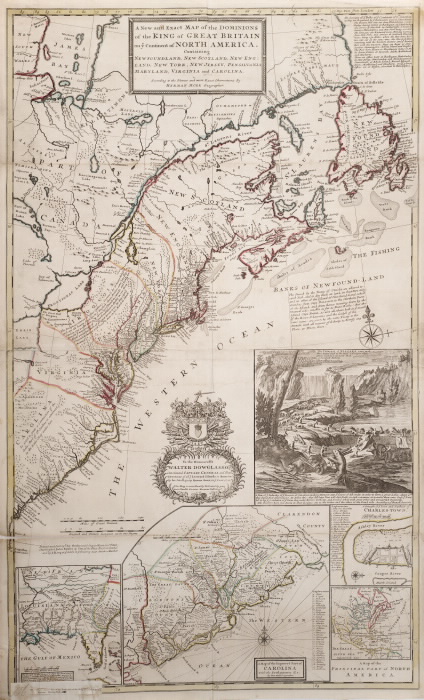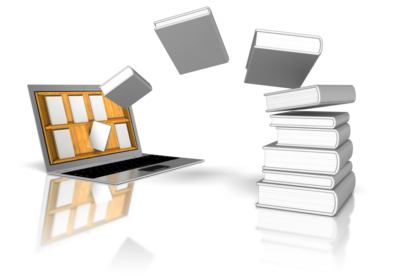Digitizing Colonial America: Help Is On The Way for Your Colonial Genealogy
If you’ve got British colonial roots in North America, you know how tough it can be to learn more about your family during that time. That’s why I was excited to read a

The Beaver Map, 1715. By Special Collections Toronto Public Library. Flickr, via Wikimedia Commons.
recent article in the Harvard Gazette.
According to the article, plans are afoot to digitize and make available millions of British colonial documents. Yep, you read that right. Millions. There are still that many colonial-era documents sitting largely untouched in public and private archives, far from the reach of the everyday genealogist.
The Gazette reports not one but two major digitizing projects underway relating to British colonial documents in the U.S. Harvard University is leading the first project, which is already funded and underway. It will capture around 30 million pages of 17th- and 18th-century material from more than 1600 manuscript collections at 12 different Harvard repositories.
As if that’s not good enough news, a much larger project is in the works, too. A larger-scale Colonial Archives of North America has plans to digitally assemble pre-Revolutionary War material from Harvard and several historical societies, archives and Libraries in New England, New York and beyond (including Montreal). I was pleased to see that records relating to businesses, poverty, public health and indigent care will form part of the anticipated collection. These kinds of documents talk about everyday folks and their living conditions. Just what we want for our colonial genealogy. This second project is not funded yet but researchers are confident it will be.
Meanwhile, check out online resources like these for colonial documents:
- Library of Congress’ online resources for Colonial and Early America;
- The John Carter Brown Library’s digital Archive of Early American Images;
- Colonial Williamsburg’s Digital Library; and
- Cornell University Library’s Windows on the Past digital collection.

 awards break down:
awards break down: